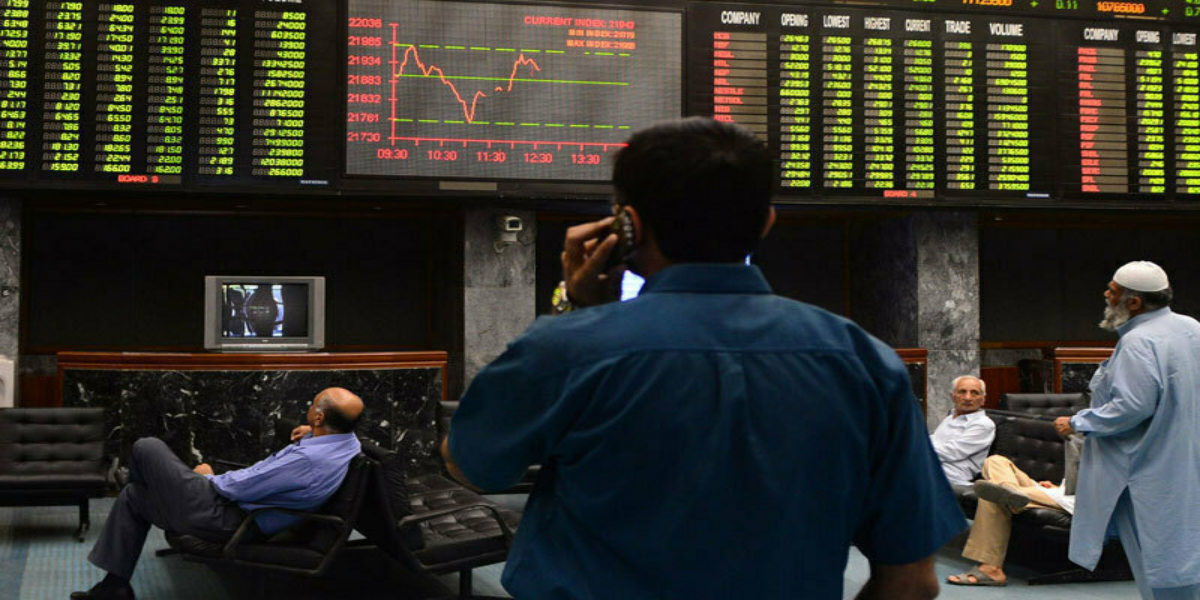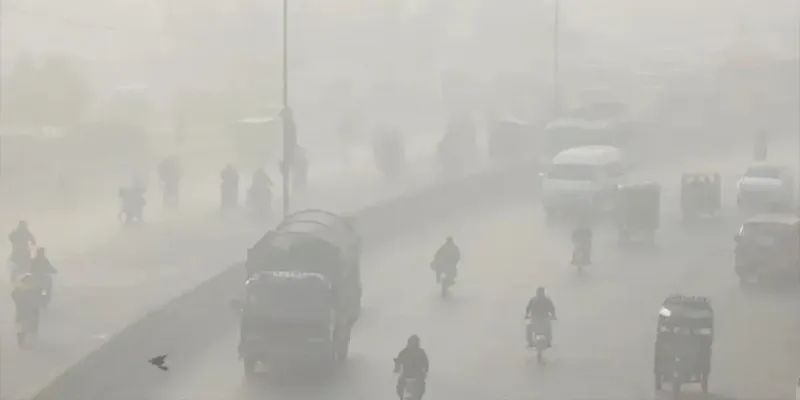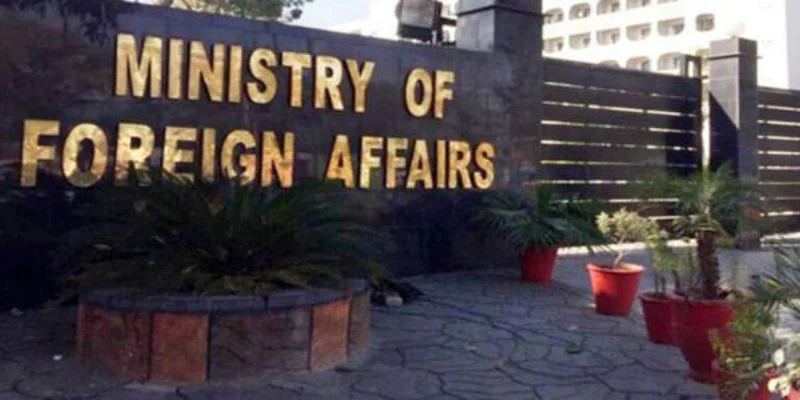From the vantage of the equity market, we expect the recent political events, both on international and domestic front, to take a toll on investors’ sentiments where the KSE-100 Index has already corrected 2.1 per cent in the last 10 days.
Pakistan’s macro fundamentals are still fragile though return to the International Monetary Fund (IMF) programme does provide some comfort and the developments exposes it to more risks, particularly on the external side.
We advise the investors to maintain status quo on their positions but keeping a close eye on the domestic political developments, where any negative outcome for the government would significantly fracture valuations.
The current lag of commodity cycle boom was well and truly reflected in the country’s current account, which was recorded at an all-time highest level of $2.6 billion during January 2022.
As per the central bank, the headline deficit number includes some in-kind imports that are fully financed such as vaccines and oil facility granted by the International Islamic Trade Finance Corporation (ITFC) worth $1.5 billion, which have no consequences on the country’s foreign exchange reserves.
Accounting for these measures, the adjusted current account deficit settles around $1.6 billion, close to December 2021 figure. The spike comes on the back of slowdown in remittances inflows and pick up in services deficit to go with the already bloated trade deficit of goods. With the countries finally lifting travelling restrictions, we may see the services trade deficit rising in the coming months; thus, keeping the headline deficit number elevated.
The ongoing geopolitical risks, i.e., Russia-Ukraine conflict, have breathed a new life to the commodities up-cycle (oil prices are +8.2 per cent in the last one month), casting uncertainty on the country’s external accounts.
Pakistan has also been importing wheat from Russia for the last couple of years and the geopolitical risks arising from the breakout of war will not only put further pressure on the current account, but will also lead to food insecurity.
Also, as the prices of oil and gas rise, the international prices of alternative resources of energy such as coal and regasified liquefied natural gas (RLNG) will also increase where coal has already hit $240/tonne in the international market, while the gas futures jumped 11 per cent after Russia officially declared war against Ukraine.
The State Bank of Pakistan (SBP) in its most recent monetary policy statement noted that it is no longer targeting positive real interest rates and will look at the current account deficit on a non-oil basis.
Therefore, the current rally in the international oil prices and resultant slippages will unlikely to force the SBP to change its course.
Also, the measures taken by the central bank in curbing the demand are beginning to bear fruits, as the growth in the consumer financing has come down significantly to 0.6 per cent from an average growth during the preceding six months of around 2.5 per cent.
However, the slippages have put the rupee under renewed pressure and may lead to yet another wave of inflationary pressure, which, in turn, may force the SBP to change its original course.














